Table of Contents
Donald Trump Targets Foreign-Made Films
Former U.S. President Donald Trump has launched a bold new proposal that could send shockwaves through the global entertainment industry. Speaking at a recent campaign-style event, Trump floated the idea of introducing a 100% tariff on foreign-produced films, criticizing Hollywood studios for outsourcing film production while relying on American financing and talent.
According to Trump, such a measure would be aimed at bringing jobs back to American soil and “making Hollywood great again.” He emphasized that while American studios, writers, and actors drive much of the film industry’s power, too many major projects are being shot in Europe and Asia for cost-cutting reasons.
“Why are we paying for movies made overseas? America builds the talent, the funding, the audience—but not the production. That ends under my administration,” Trump said to cheers from his supporters.
Is James Bond in Trouble?
While Trump’s comments were primarily directed at Hollywood, the ripple effects are being felt across the Atlantic—especially in the United Kingdom, home of the James Bond franchise, one of the most successful and recognizable film series in history.
In an attempt to calm the waters, Trump added, “James Bond has nothing to worry about.” He referred fondly to his past acquaintance with legendary Bond actor Sean Connery, noting that Connery supported his controversial golf resort project in Scotland years ago.

Despite this assurance, analysts and industry professionals remain unconvinced. Bond films are predominantly shot at Pinewood Studios in the UK and rely heavily on collaboration with American distributors and financing. If tariffs were implemented on films made outside the U.S., studios might be forced to rethink the viability of keeping Bond in Britain.
UK Film Industry on Edge
The United Kingdom’s film and TV industry has become a global powerhouse, contributing over £21 billion annually to the British economy and employing more than 250,000 people. Productions like James Bond, Mission: Impossible, and Star Wars have brought consistent revenue and recognition to British studios, locations, and workers.
British politicians and creative industry leaders have already voiced concerns. A 100% U.S. tariff on foreign-made films could mean fewer co-productions, rising costs, and potential loss of jobs.
“This move would be a blow to years of fruitful collaboration between the UK and U.S. film industries,” said a spokesperson for the British Film Institute (BFI). “It risks damaging the global nature of filmmaking.”
Hollywood Split on the Idea
Back in the U.S., Trump’s proposal has divided opinion in Hollywood. Some producers and studio executives see merit in the plan, arguing that bringing back production to the U.S. could boost local economies and job creation, particularly in states like Georgia, California, and New Mexico.
However, others warn that such an aggressive tariff could trigger retaliatory policies from other countries and disrupt the international distribution of American films. Streaming giants like Netflix and Amazon, which often co-finance global productions, could also be affected.
A senior executive at a major studio (speaking anonymously) said, “This isn’t just about nationalism—it’s about practicality. Movie production is global now. Imposing heavy tariffs could damage the whole system.”
The Future of International Film Production
Trump’s proposal is not yet official policy, but the conversation has already highlighted the fragile nature of international collaboration in cinema. While the goal of boosting domestic film production is understandable, the methods being proposed could backfire—especially on franchises like James Bond, which depend on both British heritage and American box office returns.
If tariffs were imposed, American studios might choose to avoid co-producing with British studios, or even move franchises like Bond to U.S. soil entirely. That would not only erode the identity of these films but also cost the UK billions in lost investment.
Bond May Be Safe for Now, But Industry Isn’t
For now, Trump’s words may serve more as political posturing than concrete policy. Yet even the suggestion has created uncertainty in the film world. James Bond might survive this round unscathed—but the broader question remains:
Can the film industry remain global in a world turning increasingly nationalistic?
Discover more from World of Movie
Subscribe to get the latest posts sent to your email.





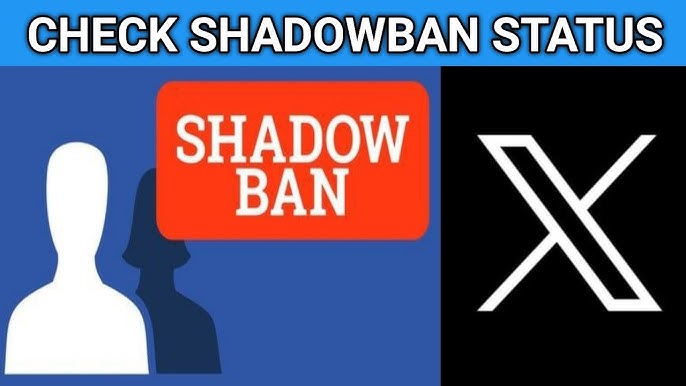

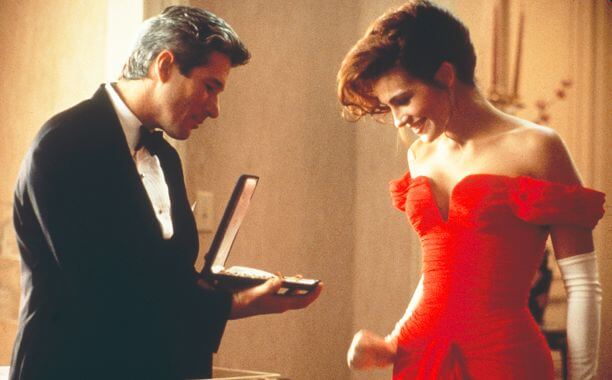

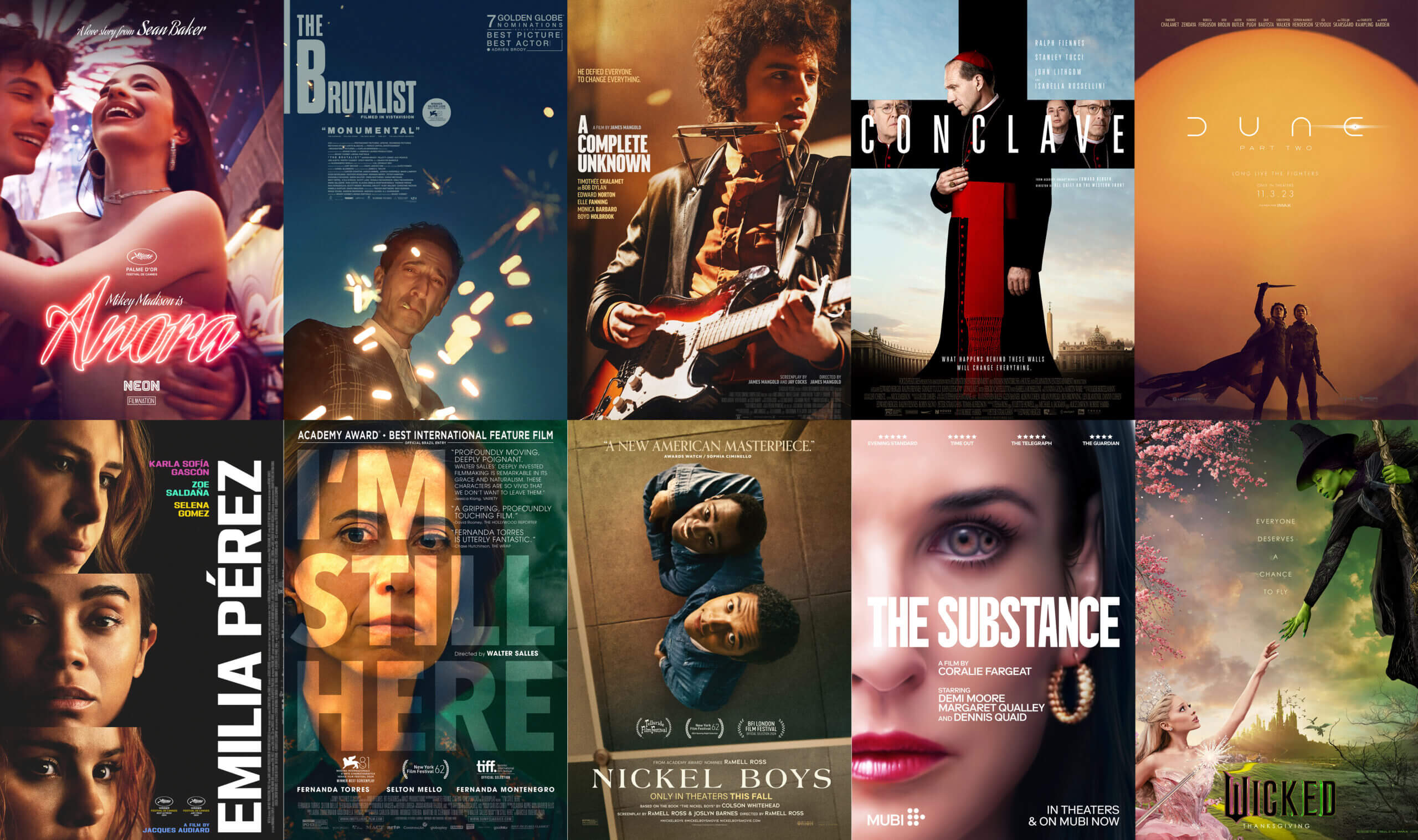


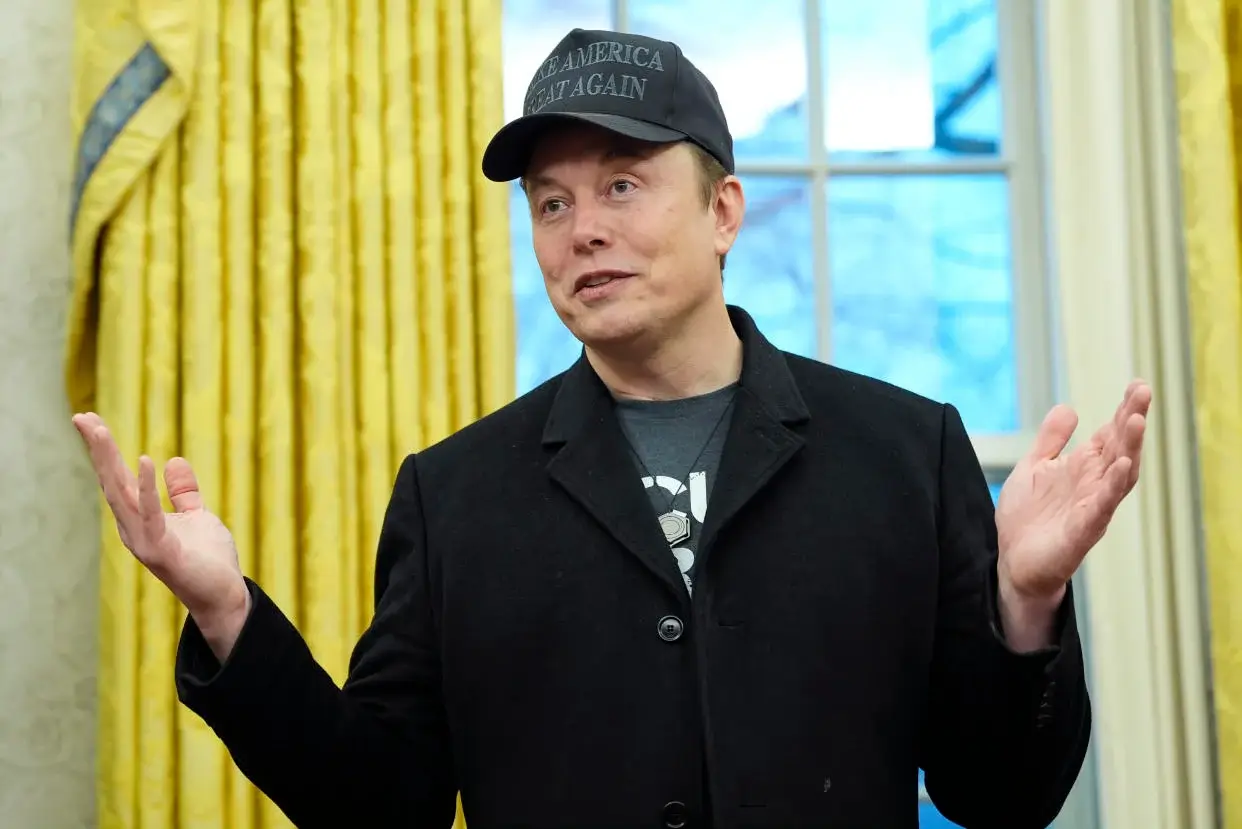

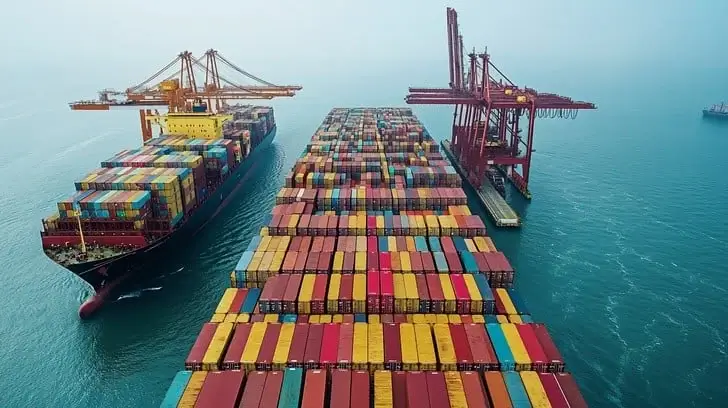
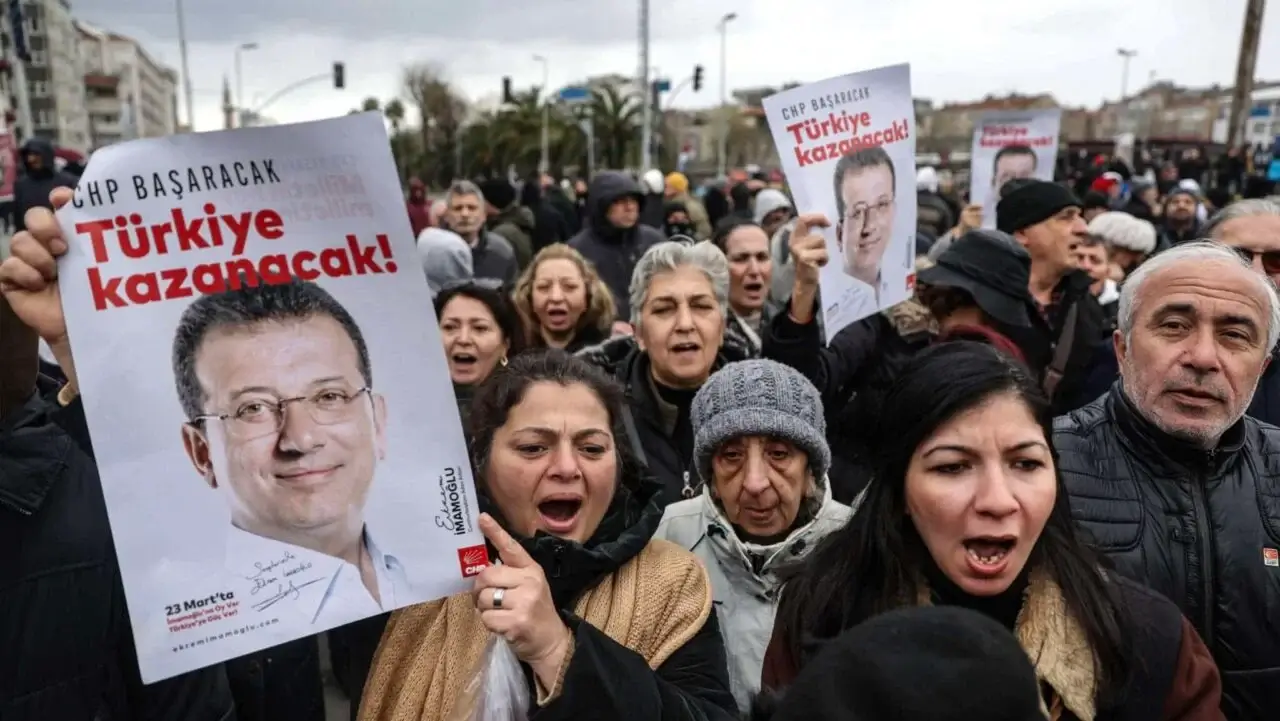
Adjustments will be made. They must. We Americans need our Britfix!